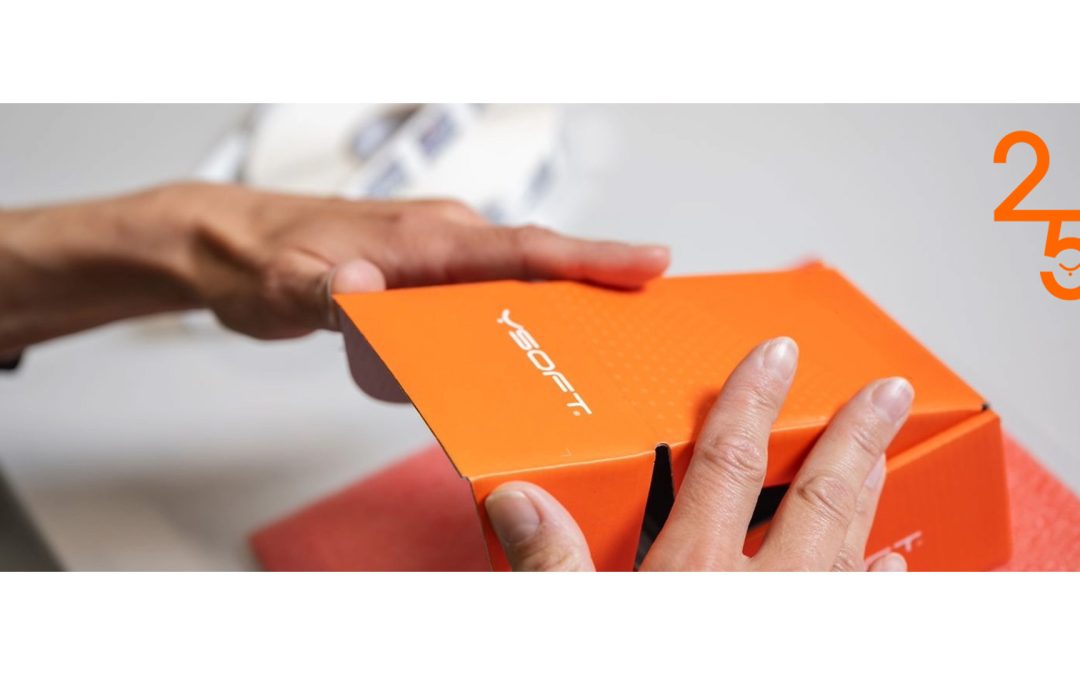Canon shifts strategy to fabless production, aiming to cut costs and adapt to market challenges.
Canon is taking a bold step toward transforming its production strategy by considering a fabless model for its low-end printers and digital cameras manufactured in Asia. Speaking to Nikkei Asia, (subscription) Canon Chairman and CEO Fujio Mitarai explained, “We want to go fabless with the printers and lower-end digital cameras we manufacture in Asia. We can become more asset-light by outsourcing based on production quantity rather than maintaining our own factories.”
A fabless model refers to a business approach where companies focus on designing and innovating products in house while outsourcing the physical manufacturing to third-party producers, think iPhone etc. This allows businesses to reduce overhead costs associated with maintaining factories and infrastructure, enabling them to remain agile and adapt quickly to changing market demands.
This move signals a significant shift in Canon’s operations as the company adapts to rising production costs and declining demand for traditional office hardware. By outsourcing manufacturing to third-party producers, Canon aims to reduce its fixed assets and channel resources toward innovation and higher-end products.
In 2022, Canon closed its factory in Zhuhai, China, which had produced low-end cameras. It was closed due to declining demand and ongoing challenges in the global market.
While Canon has not disclosed potential partners for its outsourcing plans, speculation is growing about which manufacturers might be in the running. One likely candidate icould be the Ninestar giga-factory in Zhuhai, China, a massive facility with substantial experience in manufacturing imaging equipment. Ninestar, a key player in the global printer and consumables market, is well-positioned to handle large-scale production, making it a possible fabless provider for Canon’s entry-level devices.
Outsourcing to a facility like Ninestar’s could provide Canon with flexibility in scaling production while reducing overhead costs. However, such a partnership raises questions about maintaining product quality, safeguarding intellectual property, and how this might align with Canon’s brand reputation for reliability and innovation.
Competitor strategies in a shifting market
Canon’s move to a fabless model mirrors broader trends among imaging industry competitors. Ricoh, for example, has recently undertaken significant restructuring efforts, including cutting 2,000 jobs, as it shifts focus to IT services and high-value digital solutions. Similarly, Epson has announced its exit from the laser printer segment, choosing instead to focus exclusively on inkjet technologies that align with its commitment to sustainable and energy-efficient solutions. Brother has also leaned into its reputation for high-quality, mid-range products, maintaining in-house manufacturing while exploring ways to optimise efficiency.
The Canon-HP deal?
Another consideration is how Canon’s fabless strategy could affect its long-standing relationship with HP. Canon currently supplies laser printing engines and toner cartridges to HP under a well-established partnership. Transitioning to a fabless model might complicate supply chain dynamics or influence HP’s procurement strategy, particularly if Canon’s manufacturing processes become more reliant on third-party providers.
What about HP’s Korean factories?
Outsourcing also brings up questions about how Canon’s plans might intersect with HP’s past acquisition of Samsung’s printer business in 2017. When HP acquired Samsung’s printer division for $1.05 billion (€1 billion), it included Samsung’s production facilities, research and development assets, and over 6,500 patents. HP Printing Korea Co., Ltd. (HPPK), established as part of the acquisition, remains active today and serves as the strategic hub for HP’s A3 global business. Located in Seongnam, Gyeonggi Province, South Korea, HPPK also plays a substantial role in research and development for HP’s printing technologies.
Canon’s willingness to embrace outsourcing reflects broader trends in the office imaging sector, where companies are increasingly focused on flexibility, sustainability, and profitability in response to shifting market demands.




















